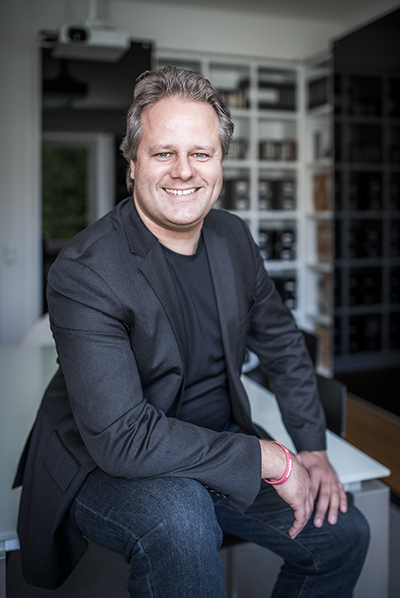Press

Interview with Matthias Röder, managing director of Karajan Institute
Bio: Matthias Röder
1. Dear Mr. Röder, what have you been busy with lately?
We have just released a major re-mixing of the iconic concert films by Herbert von Karajan, giving audiences around the globe the possibility to experience the music of the maestro in a level of immersiveness that was not possible before. We are partnering with Dolby on this project and I hope that we will soon be able to show these concerts also for Chinese audiences.
2. Can you tell us a little bit more about the Karajan Institute?
The Karajan Institute is a media company that develops new businesses for the intellectual property of Herbert von Karajan. Just like Herbert von Karajan, we use technology to innovate classical music and reach more and more people every day.
3. AI and big data will be changing the way we live in so many aspects, if you imagine a world 50 years from now – can you give us a few sentences of how you think it will have influenced the creative industries and music?
50 years from now is impossible to predict. Imagine that most experts believe that within 15 years we will have wide adoption of quantum computing. Because of the better efficiency of quantum algorithms we will see tremendous increases in our computational power, which in turn will have a huge impact on the types of learning systems we can build. If you then take into account that we will likely see an explosion of available data in music that will come from connected and smart instruments, concert halls and homes, it is very likely that we will have something that I call General Musical Artificial Intelligence. We will then have computer systems that can perform and create music with us and with each other. Creativity levels in society will be higher than ever and consequently we will have more innovation in society as a whole.
4. Do you have a favourite composer or piece of music? Have you ever immersed yourself in Chinese traditional, modern or pop music?
It changes frequently, but one of the pieces I always come back to is the second movement of Beethoven’s Seventh Symphony. In terms of Chinese music, I have studied the Yellow River Concerto, which i find very interesting.
5. Can creativity be taught?
Of course! But a teacher needs a curious student. Teaching works only when someone wants to learn.
6. What do you expect from your participation at this year’s StoryDrive conference and your visit to Beijing?
I expect new and exciting contacts that can help me move forward music :-)
Matthias Röder will be speaking at the StoryDrive conference in Beijing (28 May - 1 June 2018).






























